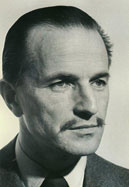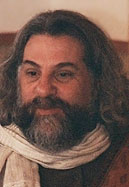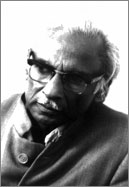
Frithjof Schuon Archive

Contributors
Featured Books
Das Spiel der Masken (e-Book)
Starting from the principles of metaphysics, Schuon deals with the essence of man, which he characterizes with the terms “comprehensive cognitive faculty, free will, feeling capable of disinterestedness”.
Featured Poems
Adastra and Stella Maris: Poems by Frithjof Schuon-Portrait
Pneumátikos: Wisdom is his blood;
Adastra and Stella Maris: Poems by Frithjof Schuon-Leila
Were I to see thee dance, Leila, my heart
Adastra and Stella Maris: Poems by Frithjof Schuon-Krishna
I would like to compare this wreath of songs
Featured Articles
Frithjof Schuon: souvenirs et anecdotes
Made in the Image – Schuon’s Theomorphic Anthropology
The theomorphic nature of man is a central theme in the oeuvre of Frithjof Schuon. Scott surveys Schuon’s key theomorphic teachings while touching upon the symbolism of the body and man in the wider context. Scott applies three categories within which he examines Schuon’s teachings on man’s theomorphic form (i.e. the body): (1) man’s divinity and animality, (2) the symbolism of the sexes, and (3) the meaning of sacred nudity.
The Milk of the Virgin: the Prophet, the Saint and the Sage
This essay by Renaud Fabbri, from Sacred Web 20, explores certain misunderstandings about Schuon’s position: was he a prophet (instituting a new transcendent religion or primordial message), a saint (some have portrayed him as a Muslim saint operating within the structures of Sufism), or, as the author contends, a sage (based on the Platonic or Hindu model)? Emphasizing the Marian foundation of his teachings, the author argues that Schuon is best understood as being a paracletic spokesman of the sophia perennis and a shakta.






























































